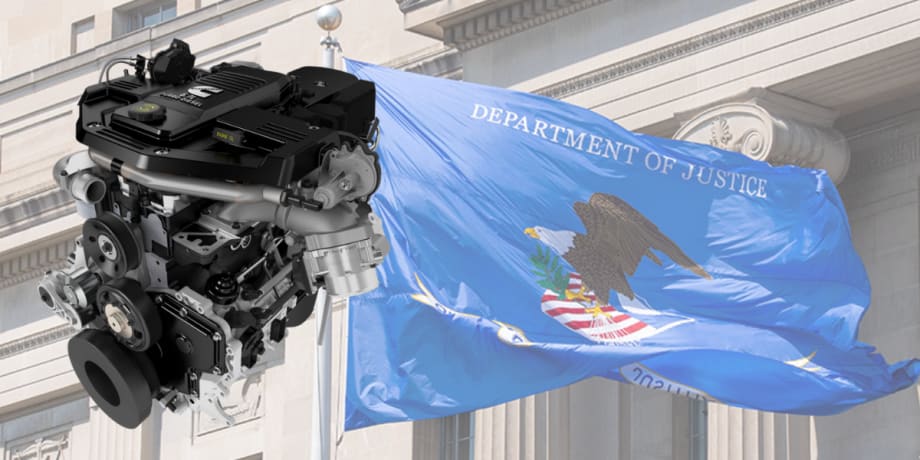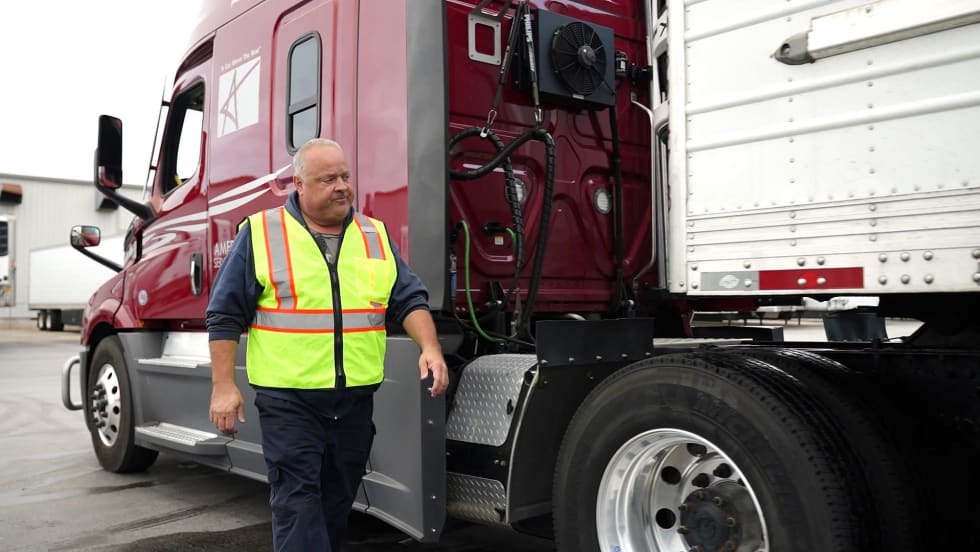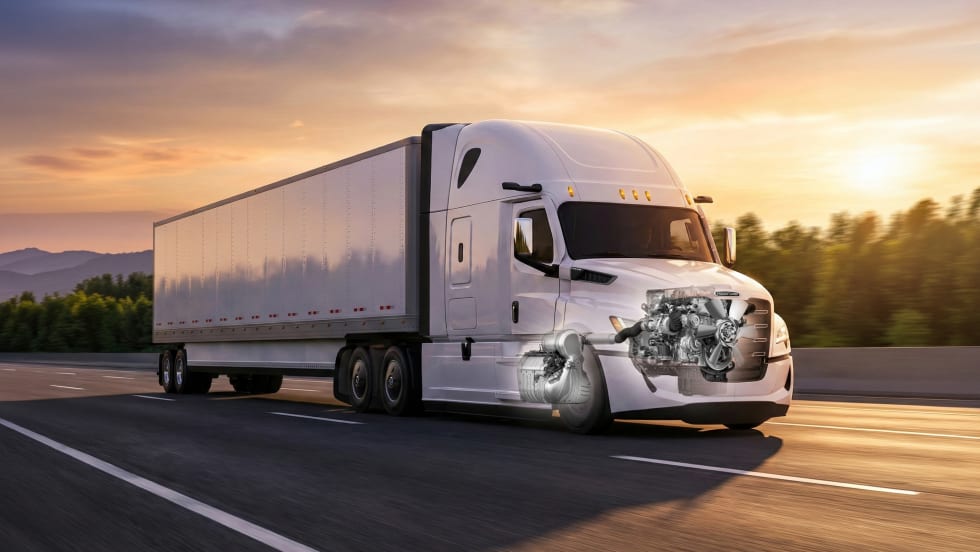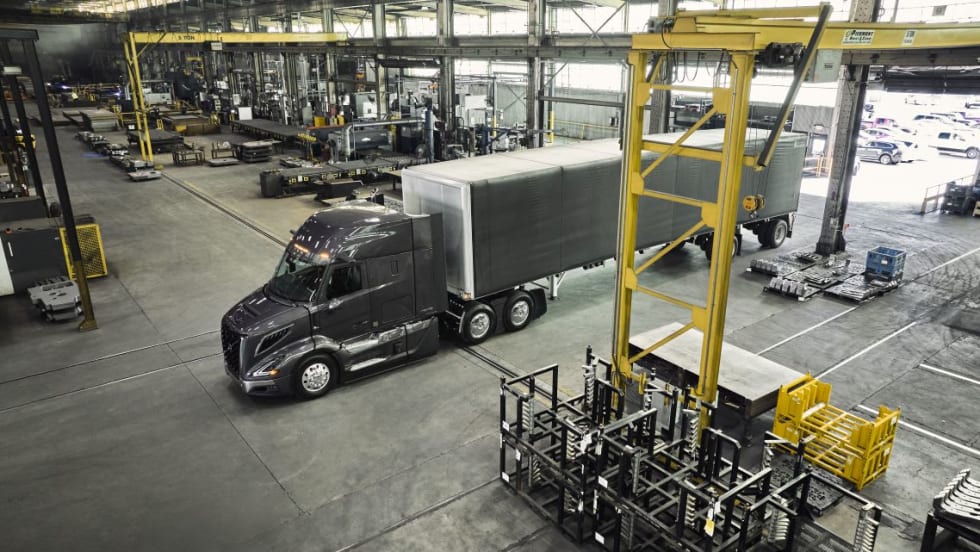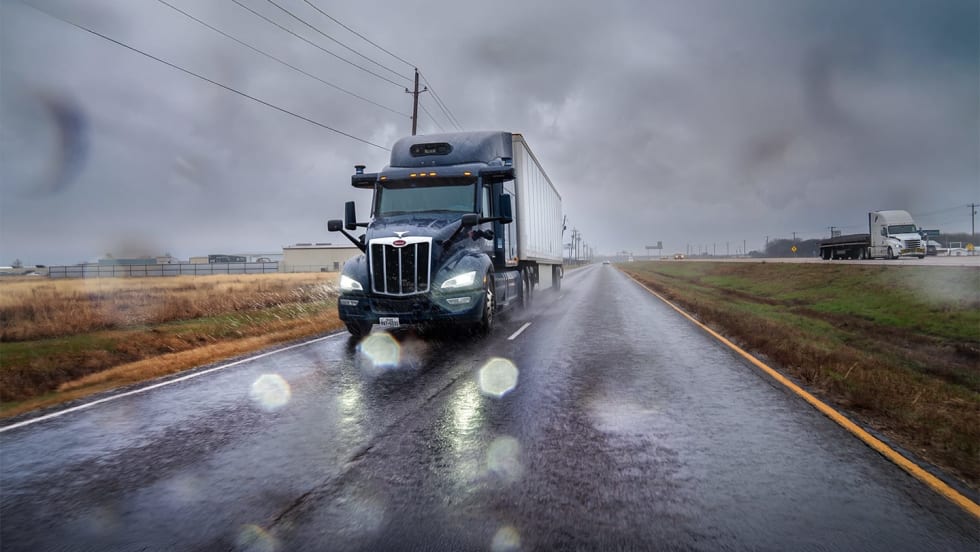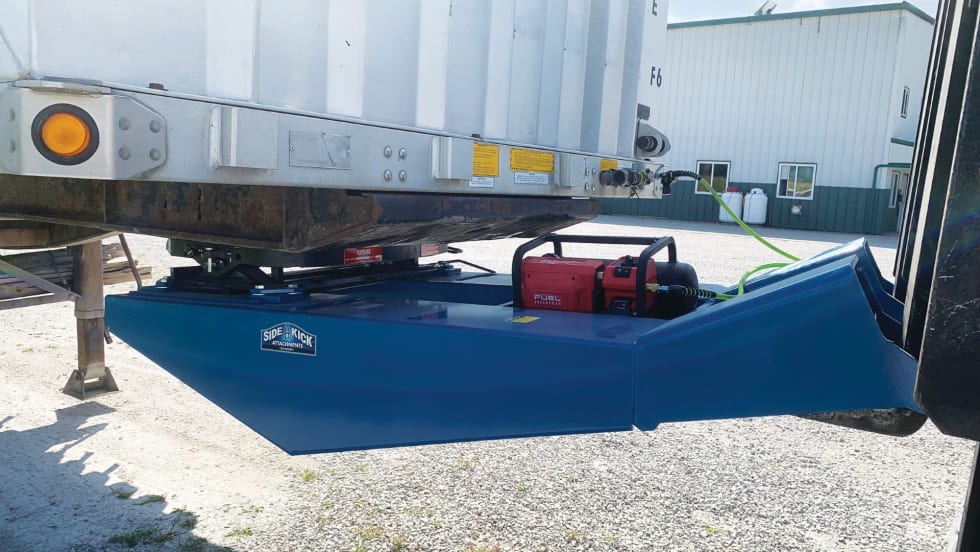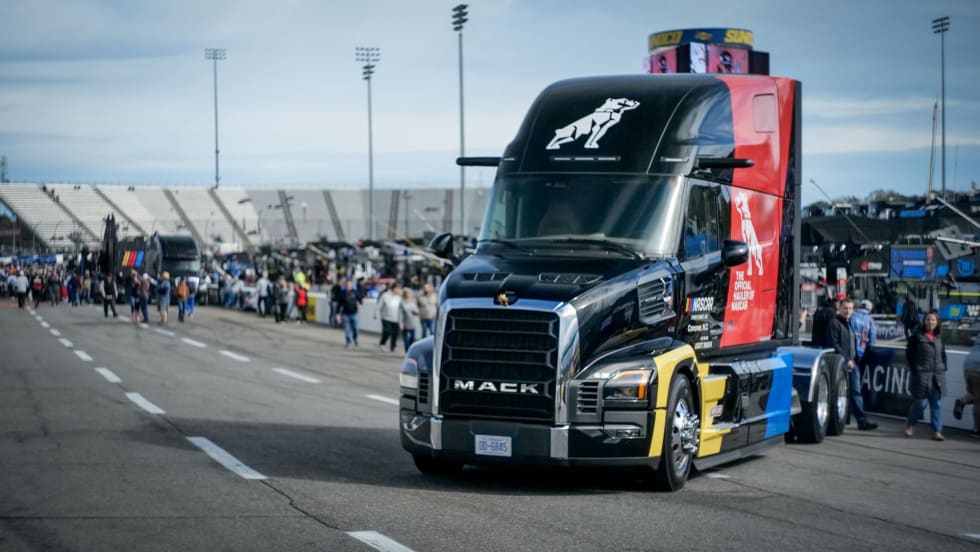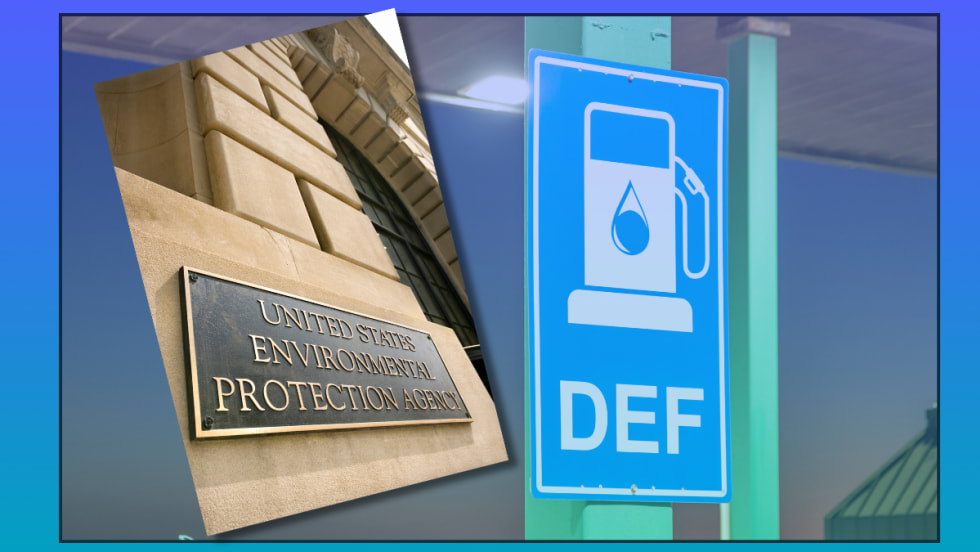Engine maker Cummins Inc. will pay a $1.675 billion penalty to settle claims that it violated the Clean Air Act by installing emissions defeat devices on hundreds of thousands of diesel engines in Ram trucks.
That's the amount reached in an agreement with the United States and the State of California. The government alleged that Cummins installed “defeat devices” on these engines — parts or software that bypass, defeat, or render inoperative emissions controls such as emission sensors and onboard computers.
The trucks affected were 630,000 model year 2013 to 2019 Ram 2500 and 3500 pickup truck engines. The company also allegedly installed undisclosed auxiliary emission control devices on 330,000 model year 2019 to 2023 Ram 2500 and 3500 pickup truck engines.
In a statement, Cummins said that it had “seen no evidence that anyone acted in bad faith and does not admit wrongdoing.”
The company said it has “cooperated fully with the relevant regulators, already addressed many of the issues involved, and looks forward to obtaining certainty as it concludes this lengthy matter. Cummins conducted an extensive internal review and worked collaboratively with the regulators for more than four years.”
The U.S. Justice Department said this is the largest civil penalty it has ever secured under the Clean Air Act, and the second largest environmental penalty.
To put that $1.675 billion into perspective, the Indiana Business Journal points out, Cummins had annual profits of $2.2 billion on $28.1 billion in sales last year.
“Our preliminary estimates suggest that defeat devices on some Cummins engines have caused them to produce thousands of tons of excess emissions of nitrogen oxides,” said Attorney General Merrick B. Garland in a Justice Department statement.
The Justice Department is working to incorporate the agreement into a consent decree that will be filed with the U.S. District Court for the District of Columbia.
“This historic agreement should make clear that the Justice Department will be aggressive in its efforts to hold accountable those who seek to profit at the expense of people’s health and safety,” Garland said.
Concluding a Four-Year Emissions Saga
The story goes back to 2019, when Cummins announced it had begun a formal review of its emissions certification and compliance process relating to diesel engines it supplied for Ram pickups.
The review came after questions from the U.S. Environmental Protection Agency and California Air Resources Board about the new diesel engine that powered the 2019 Ram 2500 and 3500 trucks. This 6.7-liter turbo diesel made up to 1,000 pounds-feet of torque and up to 400 horsepower.
What's Next for Owners of Affected Trucks?
Stellantis has already recalled the model year 2019 trucks and has initiated a recall of the model year 2013 to 2018 trucks, according to the New York Times. The software in those trucks will be recalibrated so they are fully compliant with federal emissions law.
Next steps are unclear on the model year 2020 through 2023 trucks, said the NYT.




